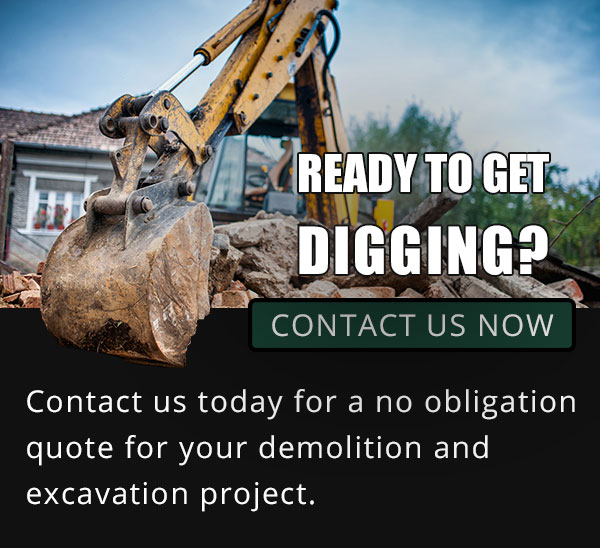It’s not ideal if you are getting started with a construction project and find out that soil remediation services are necessary. Even if it is only a small amount, the hazardous materials in the soil can pose a threat to both people and the environment. The best thing you can do is take a proactive […]
What is Next for Your Job Site If There is Soil Contamination?
Environmental Cleanup
A soil test is something that most property owners don’t think about, but the reality is that this testing is often a critical step before a construction project. Soil analysis determines the next steps in the construction process, which is why it can impact planning, timelines, safety, and costs. Experienced excavation contractors understand the importance […]
There are many reasons why soil might become contaminated, and only a soil expert can determine the type of contamination and recommended treatment plans. As you are looking for assistance, keep in mind that you need more than basic soil testing. It’s also essential to find a team that can help with soil remediation services […]
The soil is an integral part of the natural ecosystem. If something goes wrong and land pollution occurs, then it can have a domino effect that impacts plants, animals, and humans alike. We offer soil remediation services in New Jersey to help with cleanup projects, as well as preventive solutions to reduce the risk of […]
Soil pollution is an ongoing concern, especially when there are so many manufacturing and business practices that can threaten our beautiful planet. Not only is cleaning up soil pollution the right thing to do, but there are often regulations and requirements necessary to manage pollution problems. The truth is that soil remediation is essential for […]
A seepage pit often goes hand-in-hand with a septic tank system, creating a porous masonry area where household waste can be collected and gradually seep into the ground. If a conventional septic system won’t work or there isn’t access to a main sewer system in the area, then a seepage pit can be a great […]
The first step when buying property is learning about the soil and if it meets your needs and is suitable and safe for plants to grow, animals to graze and play, and for your family to enjoy your home. You can always get your soil tested to find out if it is contaminated. Continue reading […]
Soil remediation is required when you find a harmful substance in your soil that can be harmful to animals, people, and plant life. If you fail to treat your soil, you will incur federal fines that can be detrimental to your business or construction project. You should always test for soil contamination before a construction […]
Contaminated soil can present concerns not only to our health but also to the well-being of the environment around us. If not addressed and managed correctly, dangerous threats within contaminated soil can spread not only to people and the environment in the immediate vicinity but to wildlife and even the ecosystem, causing long-lasting damage. What […]
Demolishing a house sounds pretty straightforward – grab a sledgehammer or rent a piece of equipment and begin tearing things down. It’s not quite that easy, though. Many environmental and health consequences can come from demolishing a house. We will examine some of the most important things you should pay attention to during the next […]

